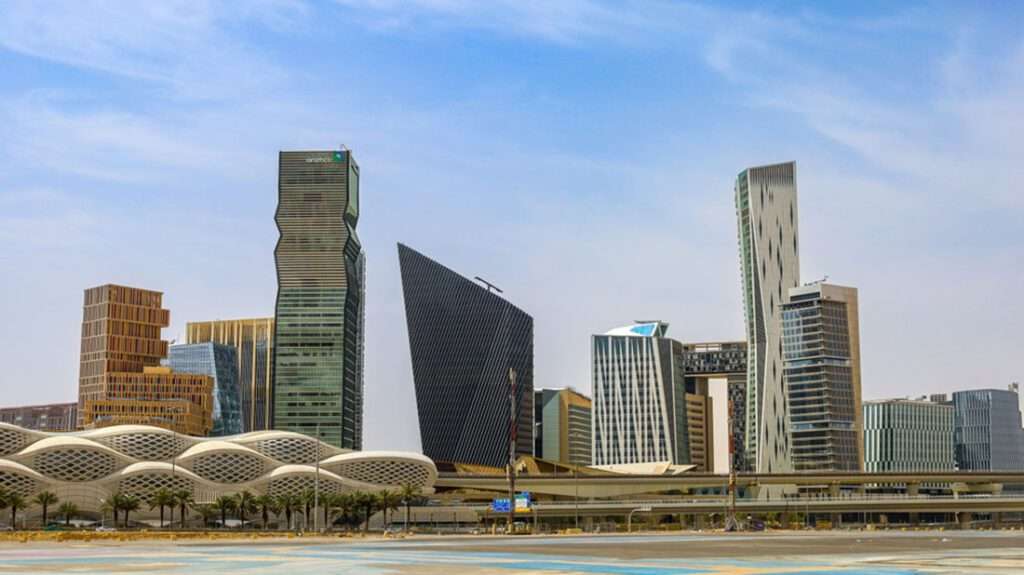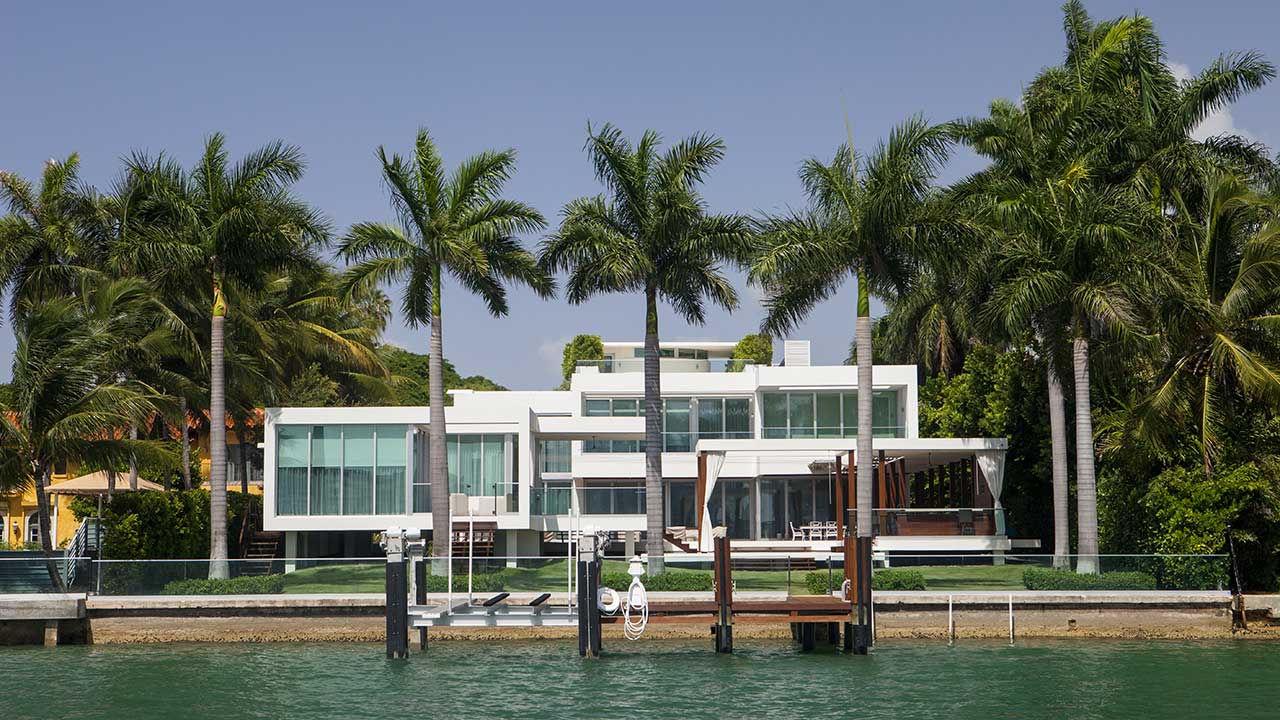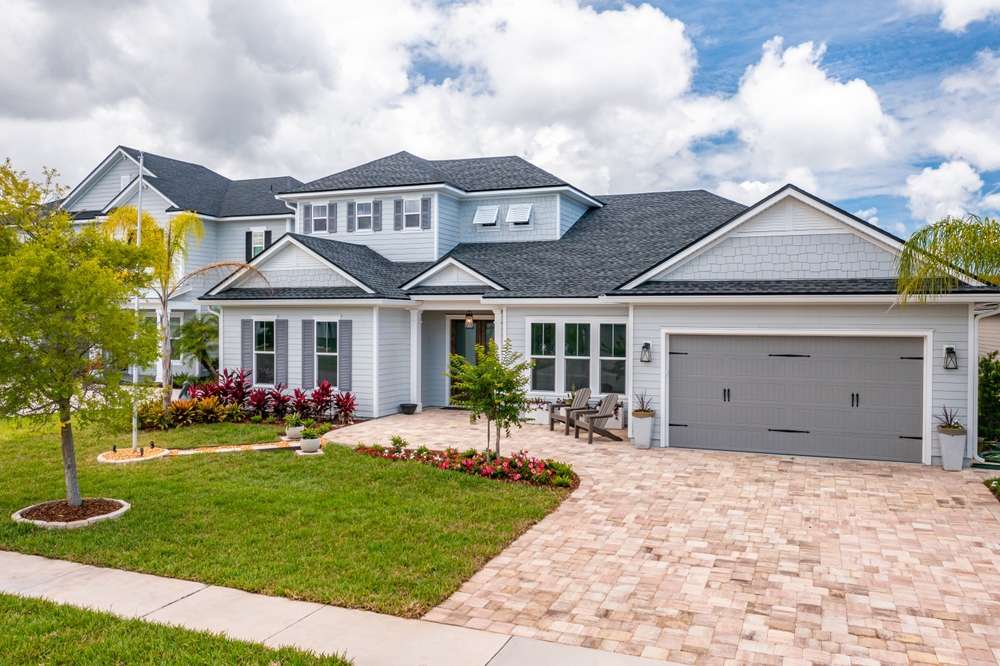Saudi Arabia has announced a landmark legal change that will allow expatriates to buy property in its largest cities—a move widely seen as part of its broader ambition to rival Dubai as the Gulf’s pre-eminent destination for investment, tourism and foreign talent.
Set to come into effect in January 2025, the new law will open the door to expat ownership in the capital, Riyadh, and the key port city of Jeddah. While the full details have yet to be released, early signs suggest the policy will focus on residential purchases and could still place restrictions on land ownership and strategic areas.
Legal experts have hailed the policy shift as “significant”. According to global law firm BCLP, it aligns with the Kingdom’s Vision 2030 strategy—spearheaded by Crown Prince Mohammed bin Salman—to diversify the economy and deepen its capital markets by attracting overseas investment.
James Swanston, Middle East analyst at Capital Economics, said the reform mirrors similar initiatives seen in the UAE and Qatar, which have driven waves of foreign home ownership—especially in Dubai, where British and European buyers now form a core segment of the real estate market.
Saudi Arabia’s 2022 census showed that 40% of its 35 million population are foreign nationals, predominantly from South Asia and the Middle East. By comparison, Western expat communities are still modest in size, with around 30,000 Britons currently living in the Kingdom—far fewer than the 200,000 estimated to reside in Dubai, despite Saudi’s population being ten times larger.
The shift in property law is likely aimed not just at Westerners, but also at high-net-worth individuals from neighbouring Gulf and North African countries, as Saudi Arabia seeks to assert itself as the region’s dominant economic and cultural force.
Notably, the government also plans to allow expats to buy property in the holy cities of Mecca and Medina—although these purchases will face additional, currently unspecified, restrictions. These changes could prove attractive to Muslim expatriates seeking long-term ties to Islam’s holiest sites.
Foreigners technically already have limited rights to purchase property in Saudi Arabia, but current laws are bureaucratic and restrictive. Buyers must be residents, cannot own land, and face strict limitations on the size and location of their property. Mecca and Medina are currently off-limits.
The government’s decision to initially restrict the new rules to Riyadh and Jeddah may be an attempt to prevent the kind of rapid price inflation seen in Dubai. Residential property prices in Saudi Arabia have jumped by 25% over the past four years, with prices in Riyadh surging 52% since 2021. Incomes, however, have largely stagnated.
By comparison, Dubai’s residential market has soared by 60% since 2022, with some luxury districts doubling in price—driven in part by a rush of overseas investors and digital nomads seeking tax-free living.
In practice, most Western expats in Saudi Arabia currently receive housing as part of their employment packages and are unlikely to buy homes in the short term. However, the new law could change that over time.
Local estate agents say allowing home ownership would incentivise longer stays, helping the Kingdom shift from a transient workforce to a more permanent expatriate base.
Estimates suggest prime residential property in Riyadh costs up to 15,000 riyals per square metre (around £2,900), still significantly lower than Dubai, where mid-range properties average 20,000 dirhams per square metre (£4,000), and luxury homes fetch far more.
Saudi Arabia has been steadily reforming its economy and social structures in recent years—lifting bans on women driving, easing visa rules for tourism, and pouring billions into culture, sport and entertainment. The new property law is the latest in a series of changes aimed at transforming the Kingdom into a global investment magnet and modern commercial hub.
Whether it can match Dubai’s dynamism remains to be seen. But for now, Saudi Arabia is sending a clear message: it’s open for business—and ready to compete.





